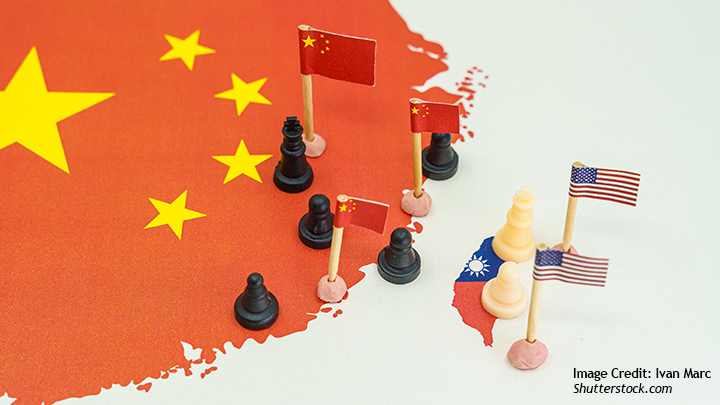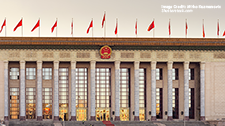China: Can It Control Japan’s Taiwan Policy?

Niklas Swanström
Introduction:
China’s reaction to US Speaker of the House Nancy Pelosi’s visit to Taiwan was resolute. The military exercises with live-fire drill were a nearly Pavlovian reaction suggesting they were long pre-planned. China’s message to the US and the international community was a clear warning not to assist Taiwan, oppose a reunification, prevent a military escalation, or provide political support through visits and exchanges.
The challenge faced by the international community now is on how to move forward. Will countries bow down to Chinese threats, or will they uphold their values and attempt finding a peaceful solution?
In this process, Japan has grown into a central actor, not least due to its increased engagement in international security, very capable military (above all its navy), and its growing commitment to global peace. Japan is instinctively positive towards Taiwan and its democratic development; however, at the same time, it is also concerned about the economic impact of potential Chinese reactions in light of Japan’s growing relations with Taiwan. Beijing’s boycott of South Korea when Seoul placed a new THAAD system on its soil is fresh enough in the Japanese memory. This article will look at how China could increase pressure on Japan and the extent to which it is willing — and able — to go.
Related Publications
-
The Political Split at the Heart of Taiwan’s Struggle against Foreign Disinformation
Taiwan’s struggle against foreign disinformation and concerns about China’s impact on its 2024 election has received much international attention recently. This issue brief examines the domestic and international politics behind […]
-
ISDP Annual Report 2023
ISDP’s Annual Report for the year 2023. We look back on 2023, a year in which tensions and conflicts captured the strategic space in ISDP’s focus areas, making headlines around […]
-
Sino-Russian Relations, From Where – To Where
Since 1949, relations between the Soviet Union/Russia and China have been oscillating between formal military alliances and military border clashes. In the early phases, the cooperation was beneficial for both […]
-
Risk Reduction and Crisis Management on the Korean Peninsula
The situation on the Korean Peninsula is inherently intertwined with the growing instability of the East Asian security environment, where high tensions significantly increase the risk of unintended incidents and armed […]
-
The Dangers of a Stagnant China: The Necessity of Awkward Coexistence
Abstract: In the build-up to the 20th Party Congress, a series of essays emerged focusing on Xi Jinping cementing a third term as General Secretary of the Communist Party of […]




